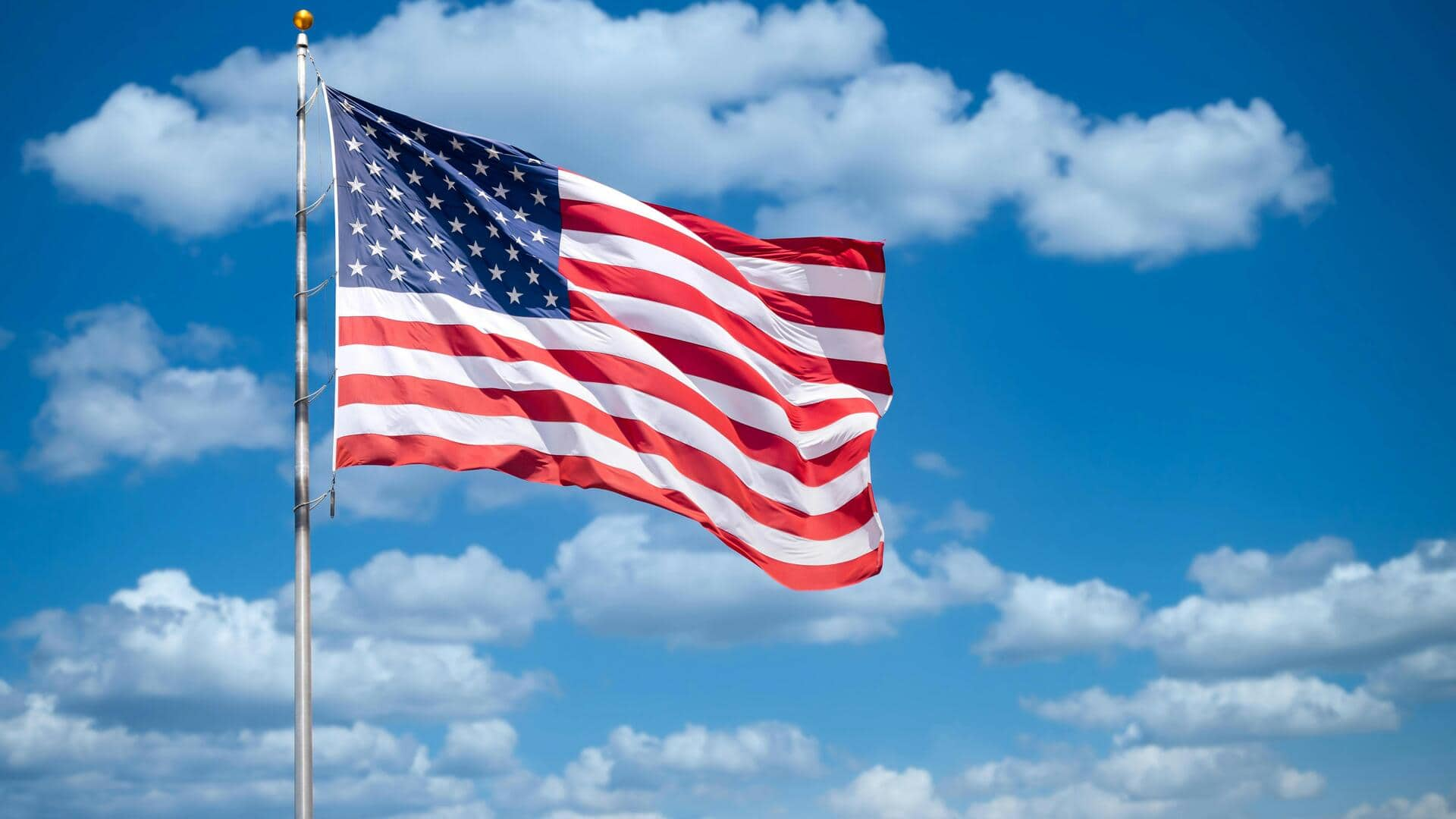
How H-1B visa fee hike hurts students eyeing US jobs
What's the story
US President Donald Trump has announced a steep hike in the cost of H-1B visas, a move that is causing concern among Indian students and their families. The new fee structure, which comes into effect on September 21, raises the annual application cost to $100,000 per application. This is a drastic increase from previous levels and is expected to make US employers more selective in hiring international graduates.
Job prospects
Shift in job landscape
The H-1B program is designed for US companies to hire foreign workers in high-skilled positions that can't be filled by American citizens/permanent residents. However, the new fee structure is likely to reduce entry-level sponsorships and concentrate opportunities in specialized STEM fields and higher-paying roles. This has left many Indian families questioning the return on investment (ROI) of a US degree.
Investment concerns
Potential for gradual change
Aman Singh, co-founder of GradRight, a Hyderabad-based fintech platform, said the new fee could impact career outcomes and raise questions on the ROI of a US degree. However, he also noted that similar executive actions have been attempted before but often stumble during implementation. This suggests that the long-term impact may be less severe than initial fears.
Policy impact
Visa processing delays add to uncertainty
Trump's proclamation comes amid an already unpredictable regulatory environment in the US. In May, the US government suspended all new student visa interview appointments for a system update, which coincided with stricter screening norms. Piyush Bhartiya, co-founder of AdmitKard, said this stop-start environment has unsettled students and created a negative sentiment toward studying abroad in the US.
Global shift
Canada, UK, Germany and Australia emerging as alternatives
Despite these challenges, the US remains a popular choice for Indian students due to its top-ranked universities and OPT provisions. However, Canada, the UK, Germany and Australia are becoming more attractive as they relax post-study work regimes. Akshay Chaturvedi of Leverage Edu said Europe is emerging as a strong alternative with demand in Germany, Italy and Poland.